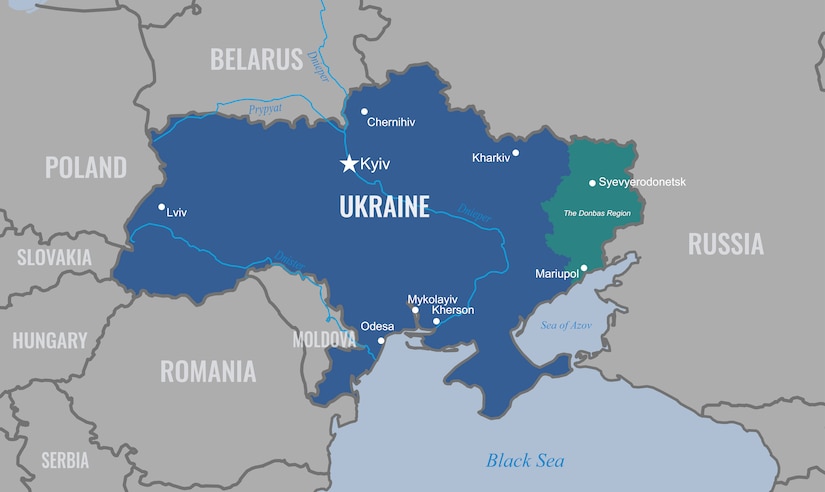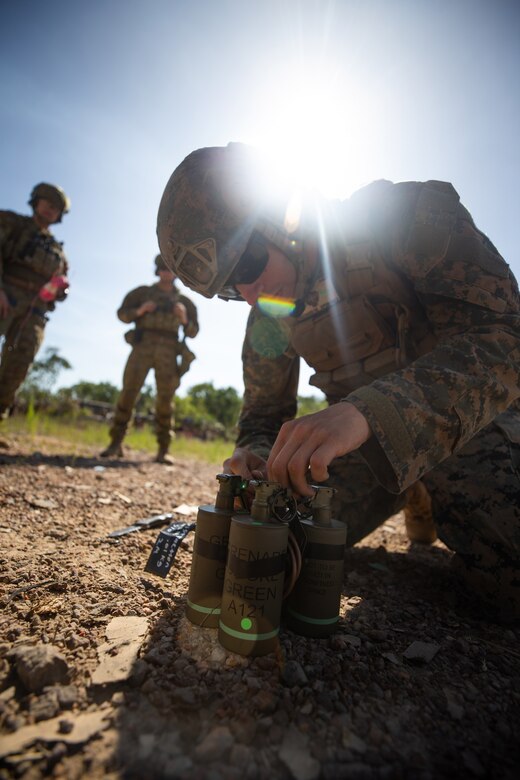[ad_1]
Fighting continues in the east and south of Ukraine as Russian advances slow to a crawl, grind to a halt in some places, or are slowly reversed in areas like Kherson, a senior Defense Department official said today.
Russia is failing on the battlefield and suffering domestic failures at home, the official said.
The Ukrainians have become very effective in finding and killing Russian command and control nodes and destroying swaths of Russian materiel, the official said.
“Even as Russia is talking the big talk, even as Russia is menacing the Ukrainian population, the Ukrainians continue to bravely advance. They’re making tremendous use of the $8.2 billion in equipment we’ve provided, thus far,” the official said.
The menace to Ukrainian civilians includes air strikes in the Ukrainian cities of Odesa and near Kyiv over the past week, the official noted.
Also, the National Intelligence Council released a “chilling report” that described at least 18 so-called filtration camps where Ukrainians are subjected to inhumane conditions, including abuse and, in some cases, executions, the official said.
Regarding military support to Kyiv, DOD is consulting closely with Ukraine’s ministry of defense to ensure materiel, including ammunition, that they need is forthcoming. DOD is putting together another security assistance package that will address those needs, the official said.
In terms of Russian domestic failures, export controls that have been imposed on Moscow by the United States, partners and allies around the world are just now starting to have an effect, the official said, ticking off a list that included:
Major Russian state-owned companies have lost 70-90% of their market capitalization.
Around 1,000 multinational companies have suspended operations in Russia.
Inflation in Russia is rising up to 20%.
The Russian stock market has lost a third of its value.
“This is just the beginning of the impact of these sanctions,” the official concluded.
[ad_2]
Source link



